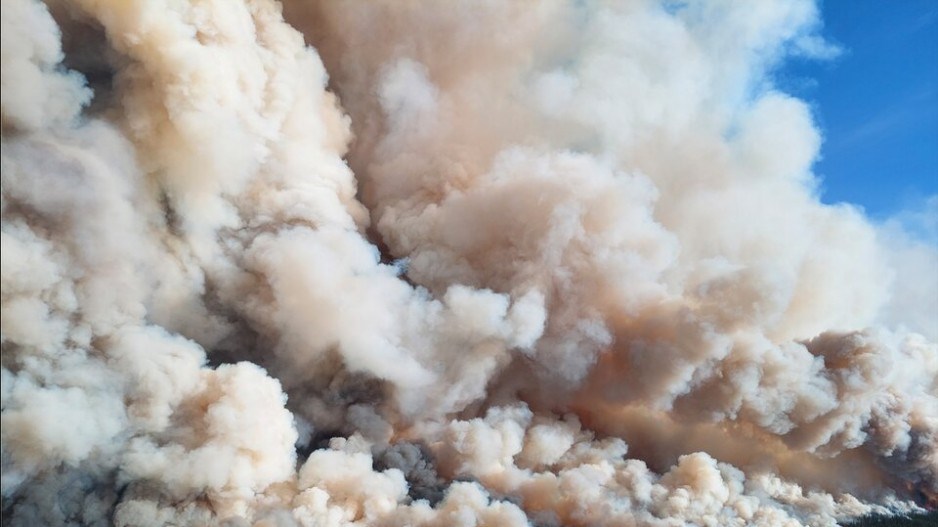The Assembly of First Nations launched its new national climate strategy in Ottawa on Wednesday, calling on federal, provincial, and territorial governments to work with First Nations to implement their climate priorities.
Interim National Chief Joanna Bernard said this year's record-breaking wildfire season is a reason why all leaders should be taking climate change seriously, especially in First Nations communities.
More than 150,000 square kilometres of land were burned, affecting both First Nations and non-First Nations communities alike.
"This is only the beginning," said Bernard, adding more extreme weather can be expected — "including fires, floods, tornadoes, hurricanes, species migration (and) coastal sea level rise, among other challenges."
In the face of this, Indigenous Peoples have taken matters into their own hands to try to find solutions, Bernard said.
The assembly's member First Nations declared a climate emergency in July 2019, in recognition of how climate change was negatively affecting their lands, waters, animals and peoples.
The declaration called for the development of a First Nations-led climate strategy, which the AFN unveiled on Parliament Hill on Wednesday.
The strategy aims to incorporate Indigenous knowledge systems, rights and self-determination in co-operation with other governments, and seeks "urgent and transformative climate action" that includes First Nations solutions.
But the road to introducing mitigation measures, rather than just reacting to climate disasters as they happen, could be a difficult one.
A report from the federal auditor general last year found the federal government still hasn’t provided First Nations with the support they need to respond to emergencies such as wildfires and floods, despite similar warnings almost a decade ago.
The report concluded that the government was too reactive, and was failing to proactively spend on infrastructure that could mitigate damage when floods, fires and landslides strike.
The auditor pointed out that as of April 2022, 112 such projects did not have funding despite meeting the criteria for eligibility, and 74 of them had been in the department's backlog for more than five years.
"Until these projects are completed, First Nations communities are likely to continue to experience emergencies that could be averted by investing in the right infrastructure," the report read.
Based on the First Nations Infrastructure Fund's annual budget of $12 million, it would take the department an estimated 24 years to fund the projects, the report added.
"As a result, First Nations communities are likely to continue to experience emergencies that could be prevented or mitigated by building the infrastructure."
At the time, Indigenous Services Canada said it was reviewing its emergency management plans and working with First Nations to identify infrastructure gaps and "work toward closing that gap in the long term."
This report by The Canadian Press was first published Oct. 18, 2023.
— With files from Stephanie Taylor.
Alessia Passafiume, The Canadian Press




